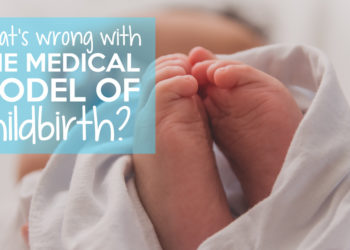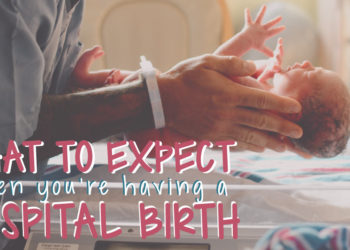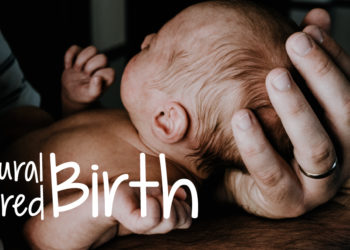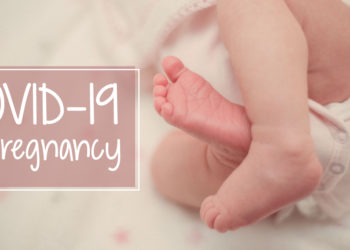Being pregnant can be a magical time in your life. Many mothers begin to envision all the joys of motherhood that lie ahead. However, it also comes with its own set of worries and anxious moments.
What should you eat? Is the food healthy enough? Are you getting all of the nutrients that both you and your baby need? Many moms-to-be have similar questions as they navigate through their first trimester of motherhood.
Mom and baby must receive key vitamins, minerals, and proteins along the way – but where to start? Conflicting information found online can make it difficult to determine exactly what constitutes a balanced diet during pregnancy. To alleviate any confusion around proper nourishment during pregnancy, we’ll explore the essential elements of a well-rounded diet in your first trimester.
What to Include in Your Pregnancy Diet:
Proteins
Proteins play a vital role in our daily bodily functions. They are the building blocks of healthy bones, muscles, and skin. For pregnant women, the importance of protein is even higher. Proper protein intake is essential for the growth and development of the fetus.
It’s recommended to consume at least 75-100 grams of protein per day. Luckily, there are a variety of options to ensure you reach the recommended daily intake. Chicken, fish, lean beef, and eggs are popular protein-rich foods. For those following a vegetarian diet, beans, tofu, and leafy greens are wholesome alternatives with high levels of protein.
Fruits and Vegetables
Fruits and vegetables form an essential part of any healthy diet, especially during pregnancy. When expecting, it’s more important than ever that you consume the essential vitamins and minerals needed for your health. This food group provides excellent sources of fiber, vitamin C, calcium, and magnesium. Fresh fruits and vegetables help keep cravings in check while supplying the body with natural energy.
Eating a balanced mix of fruits and veggies throughout pregnancy is an important step in making sure mother and child stay healthy during this time. They provide key nutrients like folate, potassium, and iron. Their presence ensures the proper development of the baby in its earliest stages.
Whole Grains
Eating a balanced and nutritious diet is extremely important during pregnancy. Whole grains are packed with numerous vitamins and minerals that help the body stay healthy throughout the nine months of pregnancy. They are especially high in folic acid which helps to reduce birth defects by supporting healthy brain and spinal cord development in the fetus.
Whole grains are also packed with fiber, protein, B vitamins, and antioxidants. These all help to boost energy, promote good digestion and support a healthy immune system. With so many benefits for both mother and child, adding whole grains to your pregnancy diet is something that should not be overlooked.
Dairy Products
A balanced and healthy pregnancy diet is important for both mom and baby. Dairy products like milk, cheese, and yogurt provide essential nutrients that are needed during this time such as calcium, protein, phosphorus, and potassium to help with the development of your growing baby. Additionally, dairy products contain vitamin B-12 and A which can boost blood pressure and prevent pre-term labor as well as increases energy levels.
Vitamin D in dairy helps keep bones strong, while other components protect against infections. All of these nutrients are vital for a successful pregnancy. Incorporating dairy into your pregnancy diet will give you and your baby an abundance of essential nutrients. This keeps you both strong and ready for a healthy delivery.
Water
When you’re pregnant, your body needs more hydration than usual to keep up with the added demands of carrying a baby. Water is an essential part of this diet as it helps to maintain amniotic fluid levels, making sure that the fetus has enough space to grow and develop.
It provides vital nutrients needed for a healthy pregnancy such as electrolytes, vitamins, and minerals. Most importantly, sufficient water intake keeps you feeling energized and alert throughout the day. Thus, having enough energy for both yourself and your baby during this special time is a must!
Foods to Avoid During Pregnancy:
In addition to the essential foods to include in your pregnancy diet, there are specific foods that you should either avoid or limit during pregnancy. These include:
Caffeine
Caffeine can cross the placenta and affect the baby’s heart rate and breathing. It is recommended to limit the intake of caffeine to less than 200 milligrams per day. Decaffeinated coffee or tea instead are excellent alternatives.
Alcohol
Alcohol can cause severe damage to the developing fetus, and it is recommended to avoid alcohol completely during pregnancy.
Raw or Undercooked Meat
Raw or undercooked meat can cause food poisoning and other complications during pregnancy. It is recommended to cook meat thoroughly before consuming it.
Fish with High Mercury Levels
Fish with high mercury levels can affect the baby’s development. It’s recommended to avoid fish like swordfish, king mackerel, and sharks. These fish are known to carry unsafe levels for pregnancy.
Unpasteurized Dairy Products
Unpasteurized dairy products can cause food poisoning and other complications during pregnancy. It is recommended to consume pasteurized dairy products.
Pregnancy Planning and More with Midwife360
It’s no secret that what women eat during pregnancy is paramount during pregnancy. This includes consuming proteins, fruits, vegetables, whole grains, and dairy products. It’s also important for women to become familiar with the foods they should avoid or limit during pregnancy.
In addition to following a healthy diet, maintaining a healthy lifestyle during pregnancy is just as essential. Try incorporating light exercises like walking, swimming, and yoga to stay active during gestation. A healthy diet and lifestyle during pregnancy ensure both a nourishing pregnancy and the baby’s long-term health. For more support on pregnancy planning and nutrition, get in touch with Midwife360 today!


















